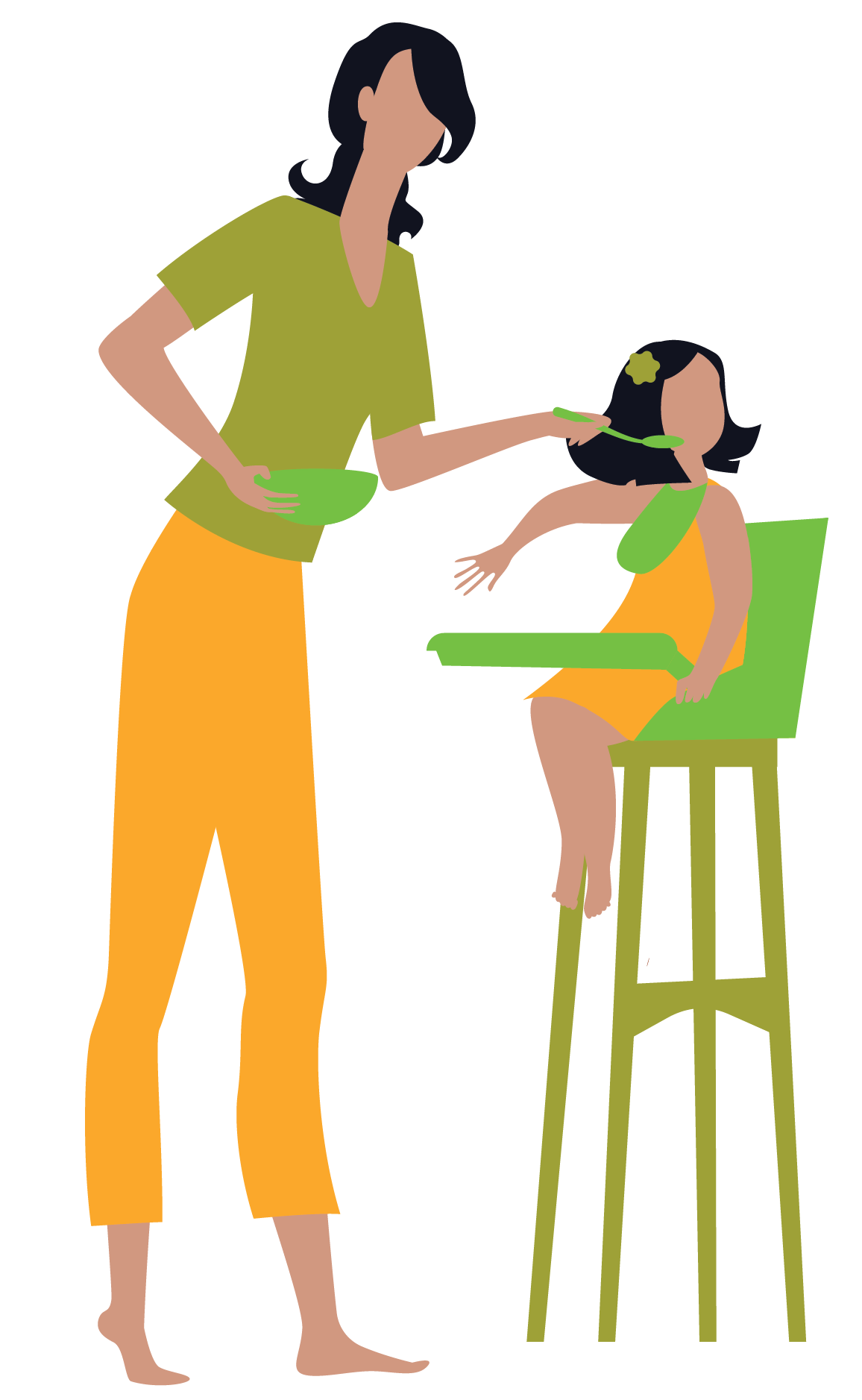Assessments
What we assess
Oral-motor abilities
Sensory profile
How we assess
Caregiver’s questionnaires
Direct observations
Home videos
What an initial consultation might look like

Prior to the session, caregivers/individuals will be asked to complete a questionnaire that details information about the individual’s current diet, history of assessment or intervention, eating habits etc. They will also be informed on what food to prepare for the session.
The therapist may:
- Observe the child/individual eating or being fed by a caregiver
- Evaluate if there are other areas of concern regarding communication
- Initiate activities that involve a range of sensory play to observe how the child/individual responds to different textures.
Therapy
We do not believe in a one-size-fits-all methodology. Instead, we recognise that everyone has their own individual differences, and want to celebrate these differences while challenging individuals to excel further. We will meet individuals at their level and pace. The focus is not purely on teaching skills based on age, but supporting development from ground-up and inside-out.
Therapy for Feeding
Give Your Child A Solid Start
During infancy and early childhood, eating a well-portioned and balanced diet is paramount to a child’s physical and cognitive development. Beyond the early years, eating plays an important role in enabling social participation in events such as birthday parties, school camps, hanging out with friends and even company lunches/dinners. Feeding difficulties can have a far-reaching impact on an individual’s life.
Help Your Child Improve In:
- Being able to join family or peers during meal/snack time
- Tolerating or accepting food with a wider range of taste and textures
- Eating and drinking safely and more efficiently using different instruments expected for his/her age (e.g., cutlery, bottle, cup, straw)

Red flags for problem feeding
Poor weight gain
Difficulty transition to puree foods by 10 months
Unable to accept any table foods by 12 months
Unable to drink from a cup by 9 months
Unable to drink from a straw by 12 months
Eating less than 20 foods by age 2 years
Mealtimes are a constant battle
Cries and/or arches away at most meals
Parent reports that the child is difficult for everyone to feed
History of eating and breathing coordinating problems, with ongoing respiratory issues
Unable to have a rotatory chew by 10 to 12 months
No munch and chew pattern by 8 months
No lip closure around spoon by 6 months
Coughing, gagging or throwing up during or after meals
Prolonged mealtimes (more than 30mins)
Difficulty accepting new textures by age 9 to 12 months
Frequent spitting up of food
Leaking of food/liquid from the mouth
Irritability during feeding

